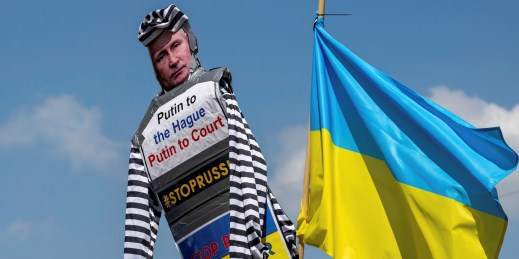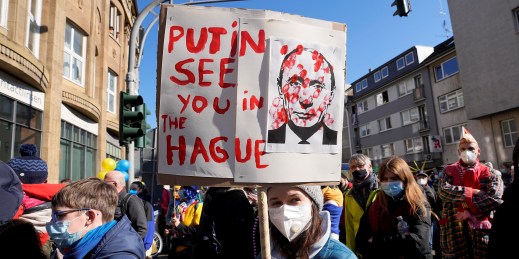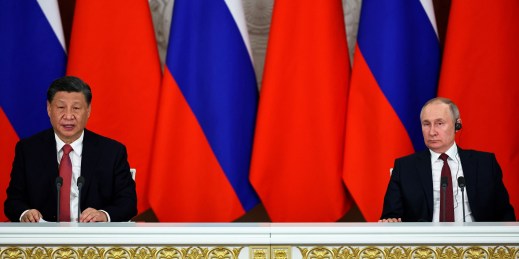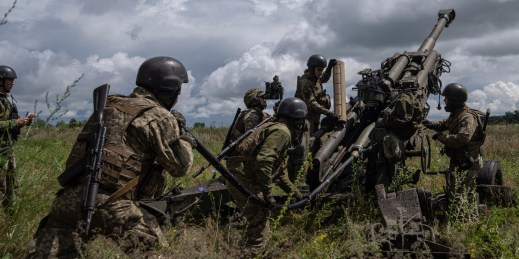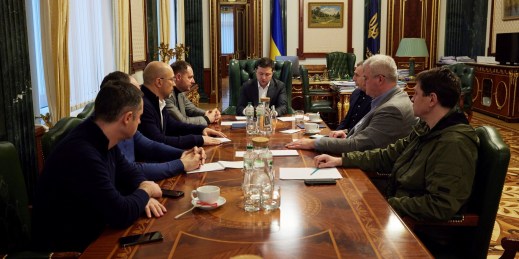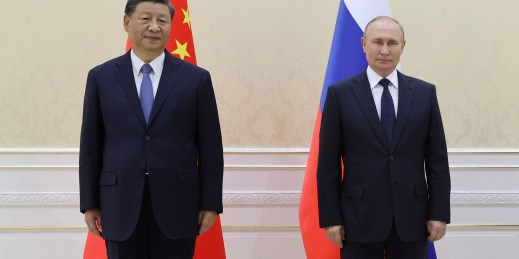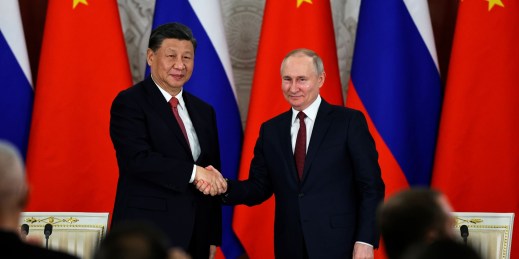
Many observers have downplayed Chinese President Xi Jinping’s trip to Moscow last week to meet with his Russian counterpart, Vladimir Putin, saying it did little for Moscow. Others argued that it even sealed Russia’s fate as a vassal of China, whose domination of their partnership is now “complete.” But this might be short-sighted.

